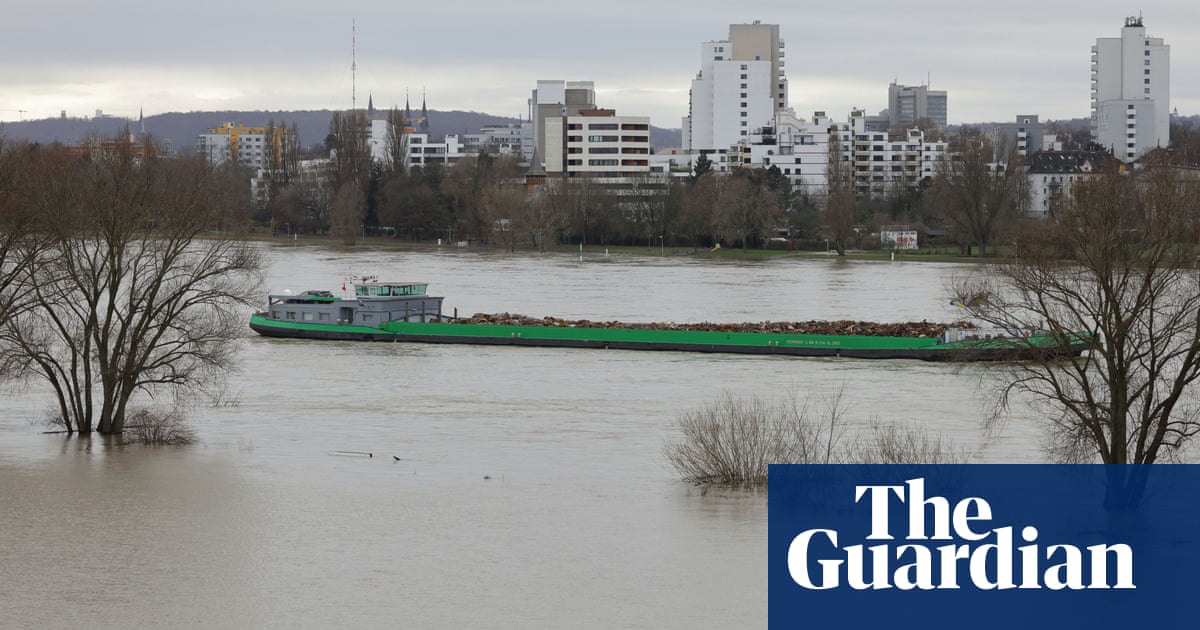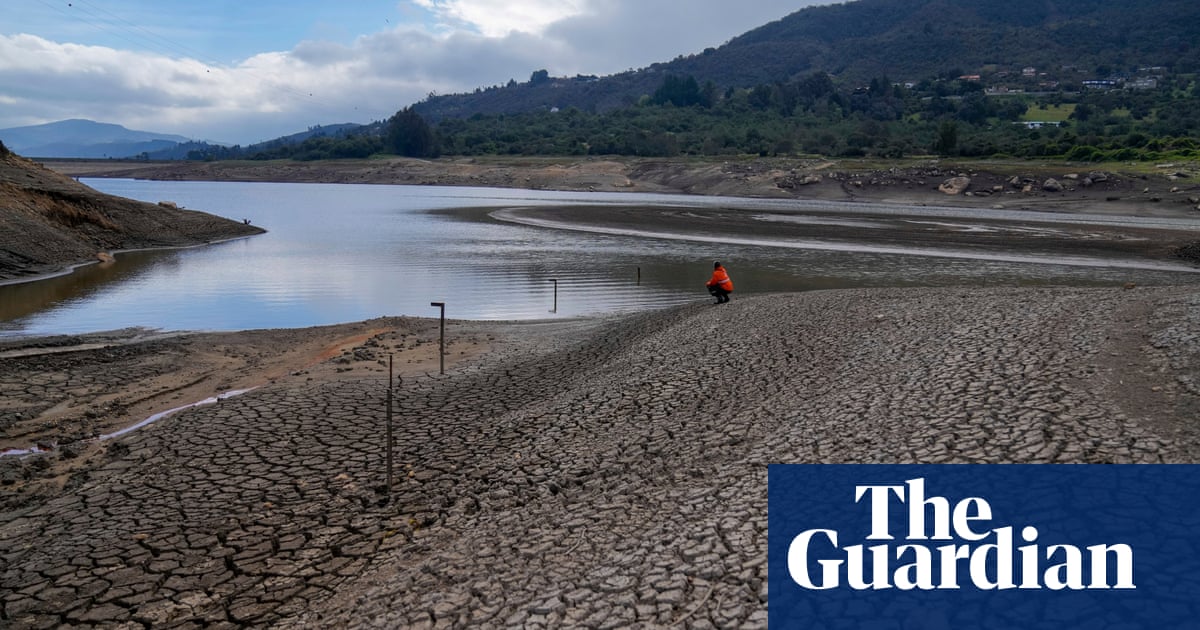
The levels of the Rhine River fell to a new low on Friday due to the ongoing drought in Germany and elsewhere in Europe, further restricting the distribution of coal, petrol, wheat and other commodities amid a looming energy crisis.
The water level at Kaub near Frankfurt – a key waypoint where the fairway is shallower than elsewhere on the river – fell below 40cm on Friday afternoon, the level at which it is no longer economical for many barges to transit the river.
According to a daily bulletin by Germany’s Federal Waterways and Shipping Administration, water levels on the key waterway were at an unusually low level for this point in the year, and was estimated to drop by a further 10-15cm over the coming three or four days.
While 14-day weather forecasts predict rising water levels from the middle of next week, the administration said this was unlikely to have a significant impact.
Large German companies such as BASF and ThyssenKrupp rely on the Rhine for their supply of fuel, and vessels on the river also carry coal to power stations that the government has chosen to use more intensively in response to Russia throttling its pipeline delivery of natural gas.
While vessels were still able to travel on the Rhine last week, companies were forced to reduce their load, and capacity for switching transport to rail or road is limited. A river ship can usually carry about 1,000 tonnes of wheat, for example, which would require about 40 lorries to shift the same quantity of goods.
Hans-Heinrich Witte, the president of the General Directorate for Waterways, told Frankfurter Allgemeine Zeitung he expected that the Rhine would not be closed for shipping this summer.
Advertisement
Environmentalists also voiced concerns over the toll of high water temperatures on the environment.
“We are having far too high water temperatures, which is having a toxic effect on the Rhine’s inhabitants, on fishes, on the entire ecosystem”, the climatologist Karsten Brandt told Der Spiegel.
In a separate development, officials in Germany and Poland voiced growing concern about a mass die-off of fish in the River Oder, with the German environmental minister, Steffi Lemke, on Friday warning of a catastrophe.
Tonnes of dead fish have been found since late July in the river running through the two countries. Both sides have said they believe a toxic substance is to blame but have yet to identify it.
On Friday scientists in Germany reported an increased density of mercury in samples taken from the river.
“An environmental catastrophe is in the offing,” Lemke told the RND newspaper group. “All sides are working flat out to find the reasons for this mass die-out and minimise potential further damage.”












